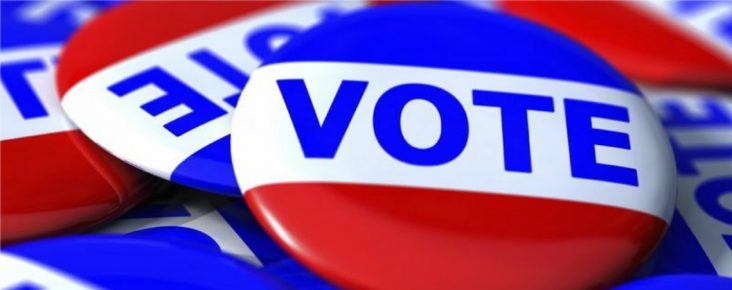Barth, Coon analyze independent voters, issue of abortion from latest poll data
by September 25, 2022 9:34 am 1,146 views

Dr. Jay Barth and Robert Coon offer bipartisan analysis on every Talk Business & Politics-Hendrix College Poll that comes out. In our final installment of analysis, Barth and Coon look at different groups of voters from an “Independent” political affiliation and on the issue of abortion.
In the latest survey of 835 likely Arkansas voters, the poll found that roughly 30% of voters identify as Independent versus 38% who say they vote Republican and 25% who vote Democrat.
Some common traits of Independent voters in 2022 include:
- They tend to be younger, lean slightly more college-educated, and are represented more by males than females.
- Independent voters find unfavorable both Donald Trump (55%) and President Joe Biden (60%).
- At the state level, a plurality of Independents currently say they plan to vote for U.S. Senator John Boozman (36%) and Lt. Governor Tim Griffin (44%), but narrowly (+2%) support Chris Jones in the Governor’s race.
- In key races, Independents are more likely to still be undecided in their candidate choices.
“Over the past several election cycles as a whole, when it comes to Independents, we’ve seen them by a two-to-one margin, three-to-one margin siding with Republicans. Right now, Independents are not doing that. I think they still have some preference for Republicans… they still lean Republican a little bit, but not the margins that we’ve seen in the past,” said Coon, a Republican strategist and managing partner at Impact Management Group.
“I think that we are starting to see some change in who the Independents in Arkansas are in that we saw a period of time where in all reality, most Independents were truly Republicans who just had not yet taken that step to the point of identifying as Republicans. I think we’re now at a point that where the state has realigned enough, that most of those Independents have really left the Independent ranks, and what we have are actually more pure Independents in a lot of ways,” said Barth, professor emeritus of political science at Hendrix College.
On the issue of abortion, the TB&P-Hendrix Poll found that 43% approved of the current law governing abortion in the wake of the U.S. Supreme Court’s Dobbs decision that overturned Roe v. Wade. Roughly 50.5% said the law needed to be changed, and of that group 92% said it should be easier to get an abortion.
According to poll demographics, those favoring changes to the state’s abortion law are younger, well-educated, and lean more female than male. There is also a strong partisan divide on the issue, although Independents skew more in favor of change.
“We do have clear partisan polarization on this. Almost all Democrats want liberalization of the issue. The vast majority of Republicans want to keep things as they are, although that number is not nearly as high as those Democrats who want to change. So even Republicans, a subset of Republicans, show a willingness to change the current standards. What’s quite interesting is the Independents, a healthy majority of them do support change to more expanded access,” Barth said.
Coon isn’t sure if the issue of abortion will be as strong of a motivator in this year’s Arkansas elections like polling suggests in other areas of the country. Arkansas is a traditionally conservative state on the issue of abortion.
“I think whether they would vote differently is really a question of: are they a single issue voter? I think as you look at that group that is seeking change, you have a larger percentage of Democrats. You have a larger percentage of Independents there. But you also have, at least in the teens, a level of Republicans that are seeking that change,” Coon said. “Now, what we don’t know is, when we talk about change, is that something that’s nibbling around the edges and changing the types of exceptions that are out there? Or is it wholesale change? A number of weeks or even without restrictions? So it’s a broad swath.”
You can watch additional analysis from Barth and Coon in the video below.
